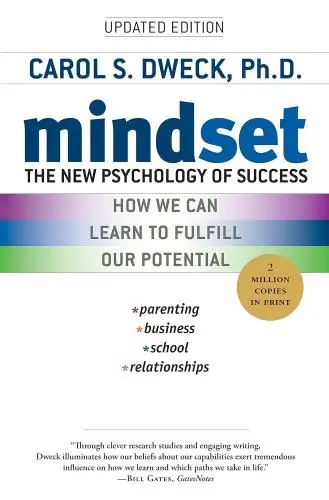
Mindset
The New Psychology of Success
What's it about?
Mindset by Carol S. Dweck explores the concept of fixed vs. growth mindsets and how they influence our success in life. Dweck explains how a growth mindset can lead to resilience, learning, and achievement, while a fixed mindset can limit potential and hinder progress. The book offers valuable insights into how we can develop a growth mindset and thrive in both personal and professional spheres.
About the Author
Carol S. Dweck is an American psychologist best known for her research on mindset. She posits the existence of a "fixed" mindset and a "growth" mindset, exploring how these concepts influence motivation, resilience, and achievement. Her seminal work, "Mindset: The New Psychology of Success," has impacted education, business, and psychology.
8 Key Ideas of Mindset
- The Mindsets
- Inside the Mindsets
- The Low-Effort Syndrome
- The Mindset of a Champion
- Mindset & Leadership
- Relationships: Mindsets in Love (ot not)
- Where Do Mindsets Come From?
- Changing Mindsets
Understanding the way we think about our abilities and intelligence is crucial for personal growth and success. At the heart of this understanding are two contrasting perspectives: the fixed mindset and the growth mindset.
Fixed vs. Growth Mindset
The fixed mindset operates under the belief that our qualities, such as intelligence and talent, are innate traits that cannot be changed. People with a fixed mindset often feel an urgency to prove themselves over and over again since they see their capabilities as static. They may shy away from challenges, fearing failure because it would directly challenge their perceived identity.
In contrast, those with a growth mindset believe that abilities can be developed through dedication and hard work—brains and talent are just starting points. This view fosters a love for learning and resilience essential for great accomplishment. Individuals who embrace this perspective don't let failures define them; instead, they use setbacks as stepping stones to improve.
Behavioral Implications
Your mindset doesn't just affect how you perceive yourself—it also influences your actions in significant ways:
- Those with a fixed mindset might avoid challenges or give up easily when faced with obstacles.
- In contrast, individuals with a growth mentality persevere through difficulties because they don't see effort as fruitless but rather as key to mastery.
This distinction between mindsets reveals why some people plateau early in life while others go on to achieve higher levels of success.
Self-Awareness & Adaptability
A fascinating aspect of these mindsets is their effect on self-awareness. It turns out that having a growth mindset often leads to more accurate self-assessment whereas those stuck in a fixed mentality may either underestimate or overestimate their abilities without realizing it.
Moreover, adopting a growth-oriented approach isn’t merely beneficial; it’s possible! One can shift from being trapped by limiting beliefs towards embracing potentiality through conscious reflection and practice.
Tactics to Harness the Power of Mindsets
- Recognize Your Mindset: Start by asking yourself questions like "Do I believe my intelligence is something very basic about me that I can't change?" Reflecting on such queries helps identify which type of thinking dominates your outlook.
- Challenge Fixed Beliefs: When you catch yourself thinking "I'm not good at this," add "...yet." This simple tactic reminds you that skills are improvable.
- Embrace Growth Opportunities: View each hurdle not as an insurmountable wall but rather an opportunity to climb higher than before.
- Encourage Accurate Self-Assessment: Create environments where honesty about one's current ability level is encouraged rather than inflating or deflating one's ego unnecessarily.
- Promote Persistence & Resilience: Cultivate tenacity by framing challenges as puzzles waiting to be solved instead of threats looming overhead.
By integrating these strategies into daily life, anyone can begin shifting towards more adaptive thought patterns conducive to lifelong learning—and ultimately—to greater achievement both personally and professionally.
Key Examples/Data
- A Ten-Year-Old's Response to Hard Puzzles: When observing students grappling with hard puzzles, the author encountered a ten-year-old boy who, upon facing difficult puzzles, pulled up his chair, rubbed his hands together, and exclaimed, "I love a challenge!" This unexpected response challenged the author's belief that coping with failure was binary and led to a determination to understand the mindset that could turn failure into a gift. The ten-year-old boy's response to hard puzzles challenged the author's belief that coping with failure was binary, leading to a determination to understand the mindset that could turn failure into a gift. This example highlights the unexpected and transformative power of a growth mindset in embracing challenges and setbacks.
- Alfred Binet's Belief in Intelligence Development: Alfred Binet, the inventor of the IQ test, believed that intelligence could be developed through practice, training, and method. He designed the IQ test not to measure unchangeable intelligence but to identify children who were not benefiting from the education system, emphasizing the potential for fundamental changes in intelligence through education and practice. Alfred Binet's belief in the potential for fundamental changes in intelligence through education and practice challenges the notion of fixed intelligence and emphasizes the role of effort and learning in intelligence development. This example underscores the historical perspective on the debate between fixed and growth mindsets.
- Fixed Mindset Coping with Setbacks: Individuals with a fixed mindset, when faced with setbacks like receiving a C+ grade, getting a parking ticket, and being brushed off by a friend, tend to feel like a reject, a failure, and worthless. They may resort to inaction, self-pity, and destructive behaviors, magnifying the impact of the setbacks on their competence and worth. The contrasting responses of individuals with fixed and growth mindsets to setbacks illustrate the profound impact of mindset on coping strategies and resilience. The fixed mindset tends to magnify setbacks and lead to inaction and self-pity, while the growth mindset fosters proactive problem-solving and a focus on improvement.
- Growth Mindset Coping with Setbacks: In contrast, individuals with a growth mindset, when faced with the same setbacks, focus on strategies for improvement and learning from the experience. They acknowledge the need for harder work, reflection, and resolution, demonstrating resilience and a proactive approach to addressing challenges. The self-insight and mindset accuracy example highlights the correlation between mindset and accurate self-assessment. Individuals with a growth mindset are more likely to have accurate self-assessments, aligning with their open-mindedness and learning orientation, while those with a fixed mindset tend to distort outcomes, reflecting their fixed beliefs about their abilities.
- Self-Insight and Mindset Accuracy: Studies show that individuals with a growth mindset are more likely to have accurate self-assessments of their abilities, while those with a fixed mindset tend to distort outcomes, magnifying some and explaining away others. This accuracy in self-assessment aligns with the open-mindedness and learning orientation of the growth mindset. Individuals with a growth mindset are more likely to have accurate self-assessments, aligning with their open-mindedness and learning orientation, while those with a fixed mindset tend to distort outcomes, reflecting their fixed beliefs about their abilities.
Quotes
- "I always thought you coped with failure or you didn't cope with failure. I never thought anyone loved failure."
- "They knew that human qualities, such as intellectual skills, could be cultivated. And that's what they were doing—getting smarter."
- "Believing that your qualities are carved in stone—the fixed mindset—creates an urgency to prove yourself over and over."
- "In this mindset, the hand you're dealt is just the starting point for development."
- "The passion for stretching yourself and sticking to it, even (or especially) when it's not going well, is the hallmark of the growth mindset."
- "You can change your mindset."
Mindset Summary: Common Questions
Experience Personalized Book Summaries, Today!
Discover a new way to gain knowledge, and save time.
Sign up for our 7-day trial now.
No Credit Card Needed

Similar Books

The Piano Teacher
Elfriede Jelinek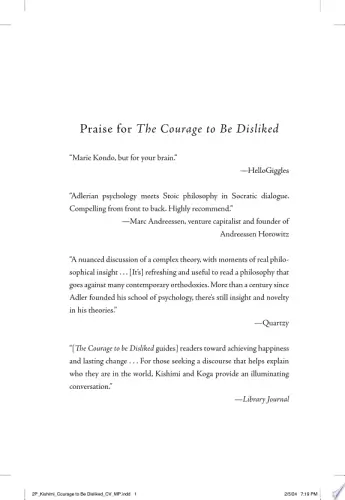
The Courage To Be Disliked
Ichiro Kishimi
We Were Liars
E. Lockhart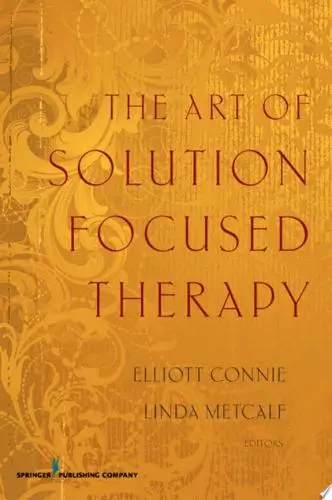
The Art of Solution Focused Therapy
Elliott Connie, MA, LPC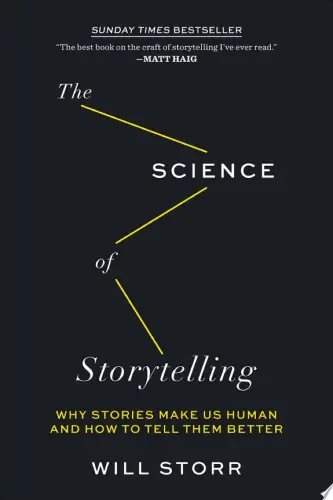
The Science of Storytelling
Will Storr
No Longer Human
太宰治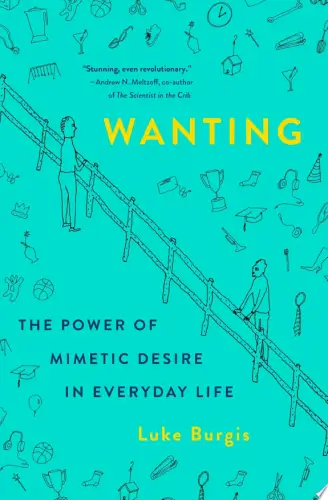
Wanting
Luke Burgis
Mrs Dalloway
Virginia Woolf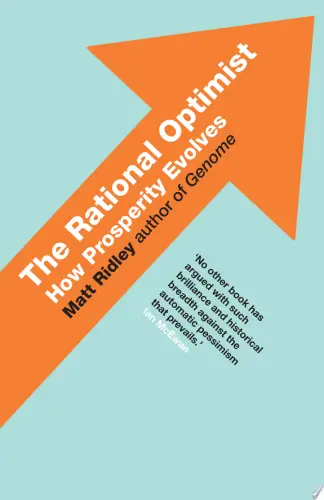
The Rational Optimist
Matt Ridley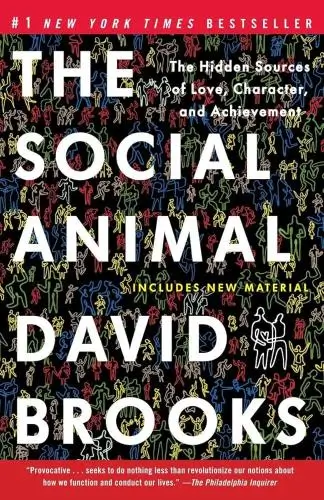
The Social Animal
David BrooksTrending Summaries

Peak
Anders Ericsson
Never Split the Difference
Chris Voss
Smart Brevity
Jim VandeHei
The Psychology of Money
Morgan Housel
The First 90 Days
Michael D. Watkins
Atomic Habits
James Clear
Thinking, Fast and Slow
Daniel Kahneman
The Body Keeps the Score
Bessel van der Kolk M.D.
The Power of Regret
Daniel H. Pink
The Compound Effect
Darren HardyNew Books

The White Night of St. Petersburg
Michel (Prince of Greece)
Demystifying Climate Models
Andrew Gettelman
The Hobbit
J.R.R. Tolkien
The Decision Book
Mikael Krogerus
The Decision Book: 50 Models for Strategic Thinking
Mikael Krogerus
Fichte
Johann Gottlieb Fichte
Do No Harm
Henry Marsh
This is Going to Hurt
Adam Kay
This Is Your Brain on Joy
Earl Henslin
